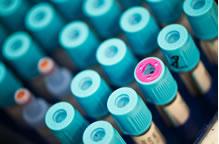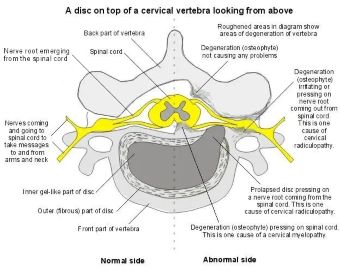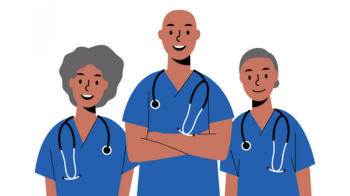Exercise is a vital part of your rehabilitation following your surgery and will improve your general fitness and wellbeing. It is essential that you regularly get up and walk for short distances to ensure movement of your blood circulation and to prevent future complications. Do continue to progress your walking distances and increase your exercise tolerance over the first few weeks post op.
Guidelines for exercise:
- Swimming – generally after six weeks, when your wound has healed.
- Lifting - avoid heavy lifting (a full kettle) for up to six weeks post surgery and pay careful attention when bending or lifting. Please follow these steps before you start lifting.
- Exercise classes i.e. Gym/Pilates/Tai Chi – inform your instructor about your neck surgery and seek appropriate exercises.
- Contact sports and leisure – discuss with your consultant/ NNP who will advise you. Apply back and neck care principles in all sport and leisure pursuits. Gradually increase your activity levels within your own limits. Do not avoid activity but stretch before and after.
Please see separate sheet for exercise instructions.
The following information is for your guidance only. It is important to remember that regularly changing position will help to prevent muscles from tiring and allows your joints to move, which is essential for their nutrition.
Posture: Posture is not just a matter of adopting good positions, it is concerned with the way you move as well. Ideally carrying out all necessary activities in a relaxed and efficient way minimises the stresses on your body and saves energy.
Lying down: Whether you lay on your back or your side, please use soft pillows made of feather or foam chips so that they conform well to the shape of your head and neck. If you sleep mostly on your sides, the thickness of your pillow should match the width of you shoulder.
Sitting: It is important to maintain the hollow in the small of your back while sitting as this will help to ensure a good position for your shoulders, head and neck. You can use a
lumbar roll or a small cushion at your beltline to maintain this position, and you should ensure that you sit well back in the chair. Sustained slumping in a chair is not a good position and puts an abnormal strain on your spinal ligaments, joints and discs.
Walking: Walking is a good exercise. It promotes fitness, improved circulation and general strength. Physically, if you had no walking restriction before surgery this should remain un-altered.
Bathing - when bathing use a non-slip mat in the bath and take care getting in and out of the bath. If you have difficulty with with safe bathing while you are awaiting admission to hospital or after surgery, once your stitches have been removed, and you do not have access to a shower you may need to consider strip washing at a sink for a while until your spine’s stability, strength and mobility improve. You may also consider using adaptive bathing equipment (a ‘bath board’ may help if you cannot stand to get into the bath, or if you have an over-bath shower).
A raised seat and/or rails may help if you experience difficulty getting on/off a toilet because of leg weakness.
You can view/try bathing and other adaptive equipment at Living Centres where an occupational therapist can also advise you (by appointment); alternatively you can self refer to a social services occupational therapist or seek advice at local mobility stores.
If you have arm or hand weakness an occupational therapist may, if indicated, also advise on arm or hand exercises to aid arm/hand function. If hand dexterity is affected there are many small aids on the market that can make a difference in carrying out everyday activities. An occupational therapist, Mobility shop or Living Well Centre can advise on these.
While working at a desk there are many factors which can impact on the health of your neck and the rest of the spine e.g. P.C. monitors should be positioned in front of you rather than to the side and the monitor positioned so that the head is held upright or just slightly flexed and the top of the monitor at or slightly below eye level. Use of bi/ varifocals may require alternative positioning of the screen. Desk surfaces and armrests that are too low or high can cause awkward postures (e.g. hunched shoulders) that impact negatively on the health of the neck and rest of the spine; hands, wrists and forearms should be relatively straight, in line and parallel to the floor. When using the telephone hold the receiver rather than placing it on your shoulder. Consider a hands- free set or speakerphone if you use the telephone a lot. For more comprehensive information go online and search ‘desk ergonomics’ e.g. site osha.gov.
Sex: You can resume sexual activity when you feel comfortable. You can adopt whatever position you prefer, but we recommend either lying on your side or on your back. Sex and disability helpline (telephone number under support groups at the end) can offer you further advice and counselling if you are having difficulties with sexual relationships because of physical problems.






